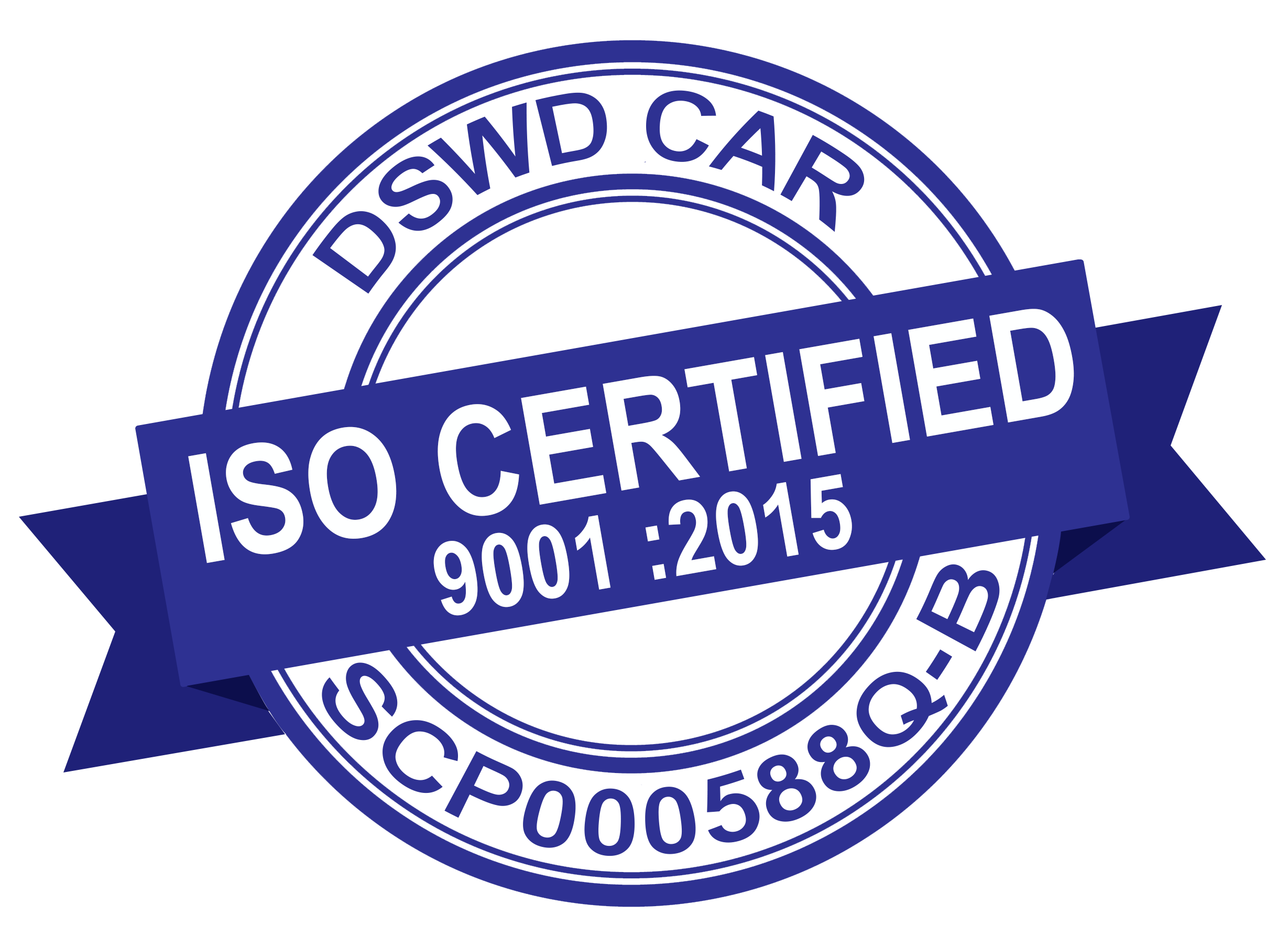The Kalahi CIDSS – National Community-Driven Development Program (KC-NCDDP) is one of the poverty alleviation programs of the government being implemented by the DSWD. It uses the community-driven development (CDD) approach, a globally recognized strategy for achieving service delivery, poverty reduction, and good governance outcomes.
As objectives, the KC-NCDDP is aimed at: empowering communities to meet challenges and opportunities (i.e., access to basic services, protection against risk, etc.); increasing the functionality of institutional mechanisms (i.e., good governance and responsiveness); and, reducing poverty in its multiple dimensions. Thus, it is envisioned that communities in target municipalities are empowered to achieve improved access to basic services and participate in more inclusive local planning, budgeting, and implementation.
The KC-NCDDP targets municipalities that meet the following criteria: poverty incidence is 21% or higher (based on the 2015 Small Area Estimates of the Philippine Statistics Authority); vulnerability to disasters in the last five (5) years (including the COVID-19 pandemic); have committed to the Local Counterpart Contribution; or, have no duplication of beneficiaries with the Support to Barangay Development Program of the National Task Force to End Local Communist Armed Conflict.
Under the said program, the community subproject types include: Basic Services Subprojects e.g., community water systems, school buildings, health stations, and electrification; Basic Access Infrastructure e.g., footbridges, access roads and footpaths; Community Common Service Facilities e.g., pre- and post-harvest facilities and small-scale irrigation systems; Environmental Protection and Conservation e.g., flood control systems, sea walls, artificial reef sanctuaries, and soil protection structures; Skills Training and Capability-Building e.g., eco-tourism projects; and, others not prohibited by the program.
a. Balik Probinsya, Bagong Pag-asa Program
Under the Kalahi CIDSS Kapangyarihan at Kaunlaran sa Barangay (KKB), the DSWD implements the Balik Probinsya, Bagong Pag-asa (BP2) Program. The BP2 Program is one of the support measures aimed at decongesting highly urbanized cities where high incidence of COVID-19 is recorded. It enables families – that decide and are qualified to return to their provinces or to places where their support system is guaranteed and where they have opportunities – to start a new life after the COVID-19 community quarantine declarations and other disasters.
Based on its design, the BP2 Program provides comprehensive services to families upon return to their provinces and funding to receiving local government units (LGUs) to ensure access to basic services. The types of services to be provided per family will vary in accordance with the results of the DSWD social worker’s assessment at the community level. The community projects will also depend on the participatory processes by the families in their community. These processes will happen upon arrival in their provinces.
b. Cash-for-Work Program for Persons with Disability
At the height of the COVID-19 pandemic, persons with disability have become more vulnerable to risks. Aligned with its mandate for all Filipinos to be free from hunger and poverty, and to have equal access to opportunities enabled by a fair, just and peaceful society, the DSWD thereby espouses the implementation of social protection interventions for PWDs to mitigate their vulnerabilities and the provision of stop-gap mechanisms to help in their recovery from crisis or difficult situations.
Under the Kalahi CIDSS KKB, the DSWD is implementing a new program called the Cash-for-Work (CFW) Program for Persons with Disability (PWDs). The CFW Program for PWDs is a cash support in exchange for the agreed community works/services/tasks rendered for a minimum of six (6) days to a maximum of 10 days. It provides a short-term intervention through temporary employment or a targeted cash transfer intervention for no income or low income PWDs or households with at least one (1) member with disability, who are vulnerable, at risk or affected by the COVID-19 pandemic and other disaster (natural or human-induced), as well as climate change













